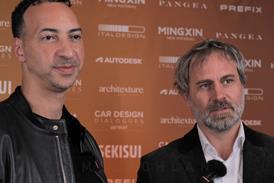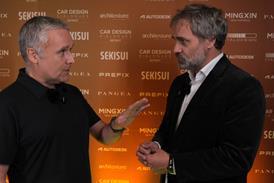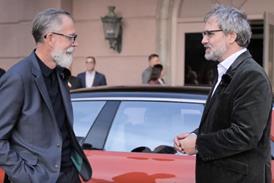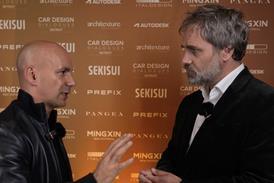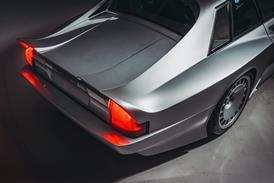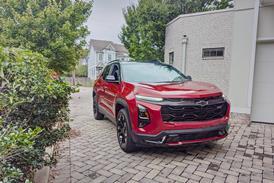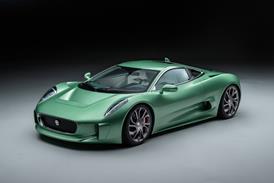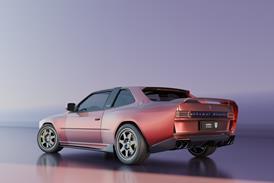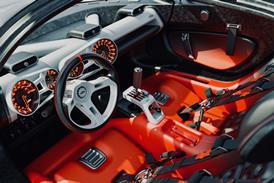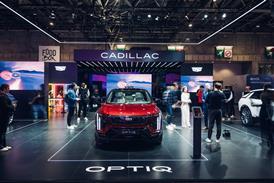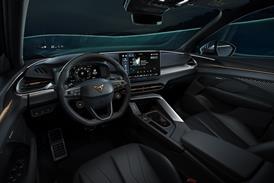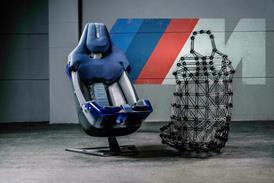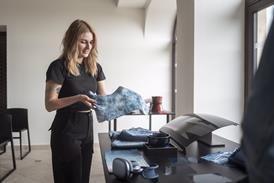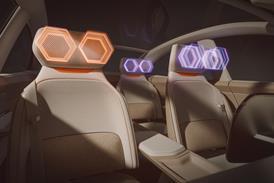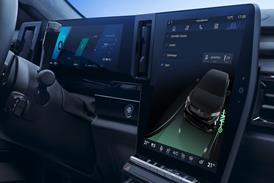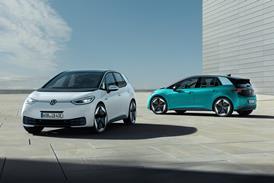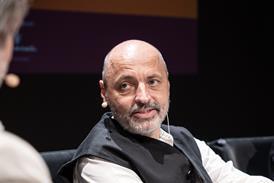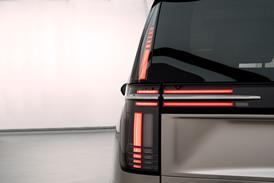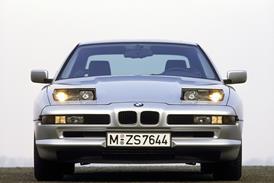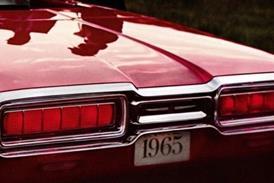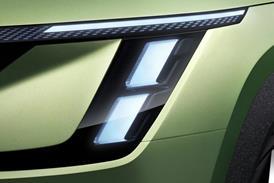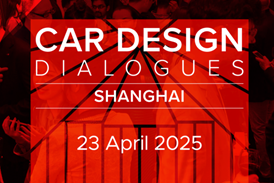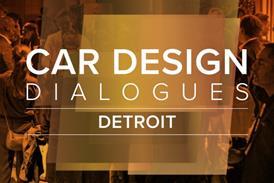





Transportation Design students at Germany's Pforzheim University displayed their work in the school's summer degree show held in July, one of two graduation shows per year. The exhibition included work from graduating Diploma and Masters students, a Honda project by MA students, and exterior and interior projects by the 4th, 5th and 7th semester students. The show was held in conjunction with the biennial International Design Forum at the Pforzheim Congress Center.
Projects from the graduating Diploma students included:



Honda Flex
Simon Sebastian
An 'investigation on Order and Chaos, Material and Tools', this project questions the unchanging archetype of the car as 'a closed box on four wheels'. The project looked at alternatives to conventional development techniques, what materials to use, and how a car can look when the whole purpose of the vehicle body is reappraised from the ground up. Dynamic metal surfaces are cut from flat sheet but cleverly formed to give the appearance of compound curves.
Graffiti to Design - Transportation for a Rebel
Florian Flatau
LM-CM (Lamborghini Colourmachine) is aimed at revitalising the Lamborghini brand with a more rebellious character, and to express this in a concept vehicle. A fictional scenario and character was developed as the basis for the concept. The LM-CM should bring colour back into the greyness of everyday life and symbolise the urge to find new paths.
The Spirit of Prague - A car for the bohème of the 21st century
Jakob Hirzel
This project takes its inspiration from the character of Prague and Bohemian culture. It combines this self-determined way of life with the aesthetics and the concept of a compact four-seater vehicle. The vehicle's architecture is based on a fully electric drivetrain, which means the proportions can change drastically from today's cars to offer better interior space. The design elements express a non-conformist character and the usage of innovative technologies. The bodyside graphics are asymmetric, the side window on the right is able to display personally specified contents when parked. Pedestrians are able to interact with the digital contents via a special interface integrated in the glass surface.
Datsun X-Link
Benjamin Nawka
This thesis project was developed and sponsored by the Yulon Nissan Design Center in Taiwan and introduces the first four door coupe in the compact class (C-segment) as well as reviving Datsun as a new lifestyle sub-brand of Nissan. Inspired by aircraft design and modern architecture, the design features winglets which integrate multiple functions such as DRL lights, cameras for the rear view and 'dead spots', as well as LEDs for mood lighting. The sporty and dominant appearance is supported by a strong stance, defined surfacing and a mix of European and Asian design language. Featuring latest hybrid and entertainment technology and a chassis that adjusts to bad roads, this car is targeted at young-minded people who are seeking an affordable and attractive car.
Speeding up Sustainability
Jürgen Jose
The Kia Speed lightweight sports car merges the conflicting ideas of sustainability and sportiness. The keynote of the concept is: less components, less weight, more fun. This car shows that lightweight aesthetics can symbolize the pure 'fun to drive' idea. Driver and passenger are protected by a monocoque made from a sustainable bamboo composite material (the darker matte surfaces seen here under the lighter-colored glossy aero shell). This cell is covered by a structure for ultimate stiffness, and all components of the vehicle can be plugged in to this structure. The exterior shell covers the monocoque for aesthetic and aerodynamic reasons.
Electrified surfaces - AUDI 2W (to double you)
Florian Dobe
Audi 2W aims at the intersection of two consumer target groups: 'Dinkys' and 'Lohas' - an affluent target group who wants to purchase prestige objects and with an interest in sustainability, environmental acceptability and health. Electric active polymers are used to allow reconfiguration of the vehicle proportions. The model shows the 'Dinky' mode - a two-seater coupé with a very busy form language and empty-standing wheels which reflects sporting driving. For the 'Lohas' mode areas of the outer skin transform so that the wheels become covered and the vehicle can transport another person. The car is transformed to a more protective, fluid, energy-saving long-range vehicle. The wheels contain an electromagnetic drive each and electro-active steering. Only the outer rim and tyre rotates with the spokes connected to it around the otherwise rigid rim.
Continues →

